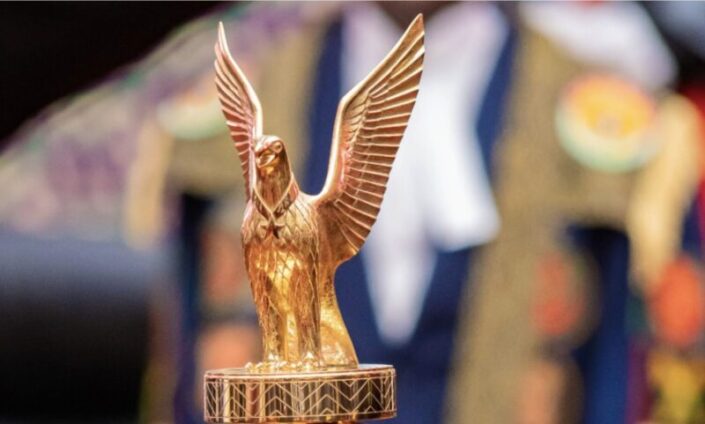Chief Justice Gertrude Sackey Torkornoo has issued new directives to Registrars and Court Bailiffs regarding the proper procedures for serving court processes to key Parliamentary officials.
These include the Speaker of Parliament, Clerk of Parliament, and Members of Parliament (MPs).
According to a circular issued by the Chief Justice, court processes intended for the Speaker of Parliament should be served to the Legal Department of the Parliamentary Service, and only on Mondays during working hours.
For the Clerk of Parliament, processes should be served directly to the Clerk of Parliament between 7 am hours and 8 am hours on Mondays or any weekday from Tuesday to Friday, and this procedure should also apply during Parliamentary recesses.
The Clerk of Parliament is also required to inform the Judiciary of the Parliament’s recess schedule.
Regarding Members of Parliament, the circular specified that court processes should be served directly to MPs on Mondays or Tuesdays to Fridays between 7 am hours and 8 am hours, as well as during Parliamentary recesses.
These directives follow concerns raised by the Speaker of Parliament, Alban Bagbin, who alerted the Chief Justice to potential breaches of Articles 117 and 118 of the 1992 Constitution.
The Speaker had informed the Chief Justice that there were incidents where court processes were being served on MPs, the Speaker, and the Clerk while they were engaged in official Parliamentary duties, which could disrupt their work.
Article 117 of the Constitution states that: “Civil or criminal process coming from any court or place out of Parliament shall not be served on, or executed in relation to, the Speaker or a member or the Clerk of Parliament whiles he is on his way to, attending at or returning from any proceedings of Parliament.”
Article 118 (1) of the Constitution also provides that “Neither the Speaker, nor a member of, nor the Clerk to Parliament shall be compelled while attending Parliament to appear as a witness in any court or place out of Parliament.”
Article 118 (2) also provides that: “The certificate of the Speaker that a member or the Clerk is attending the proceedings of Parliament is conclusive evidence of attendance at Parliament.”
The circular clarified that the provisions in Articles 117 and 118 of the 1992 Constitution ensure that the Speaker of Parliament, Members of Parliament (MPs), and the Clerk of Parliament cannot be served with any court process or compelled to appear as witnesses in court while Parliament is in session.
The only exceptions to this rule are if Parliament is not in session or if the Speaker certifies that the office holder in question was not on their way to, attending, or returning from any Parliamentary proceedings.
Latest Stories
-
Power crisis: Amandi is off due to maintenance, not debt – ECG Boss
21 mins -
Votes cast for late Akua Donkor to be declared invalid – Electoral Commission
36 mins -
You can’t keep “incompetent” Otto Addo for the long term – Countryman Songo
46 mins -
Joy FM holds 2024 Prayer Summit for Peace
60 mins -
Lady sues Police and AG over assault in custody
2 hours -
Ghana’s railway sector has been revived under my leadership – Akufo-Addo
2 hours -
Next government must enforce C190 – Women Economic Dialogue Forum
3 hours -
NCCE engages party youth activists at Nandom on peaceful election
3 hours -
SSNIT engages stakeholders on its operations
3 hours -
Defilement: 19-year-old farmer jailed ten years, with hard labour
3 hours -
Bawumia to inaugurate new headquarters of Lands Commission on November 25
3 hours -
Sylvester Tetteh denies demolishing GBC staff bungalow
3 hours -
Signing of peace pact by presidential candidates slated for November 28
3 hours -
Akufo-Addo reiterates commitment to free and fair elections
3 hours -
Climate change impact poses threat to Ghana’s financial stability – BoG Governor
3 hours

